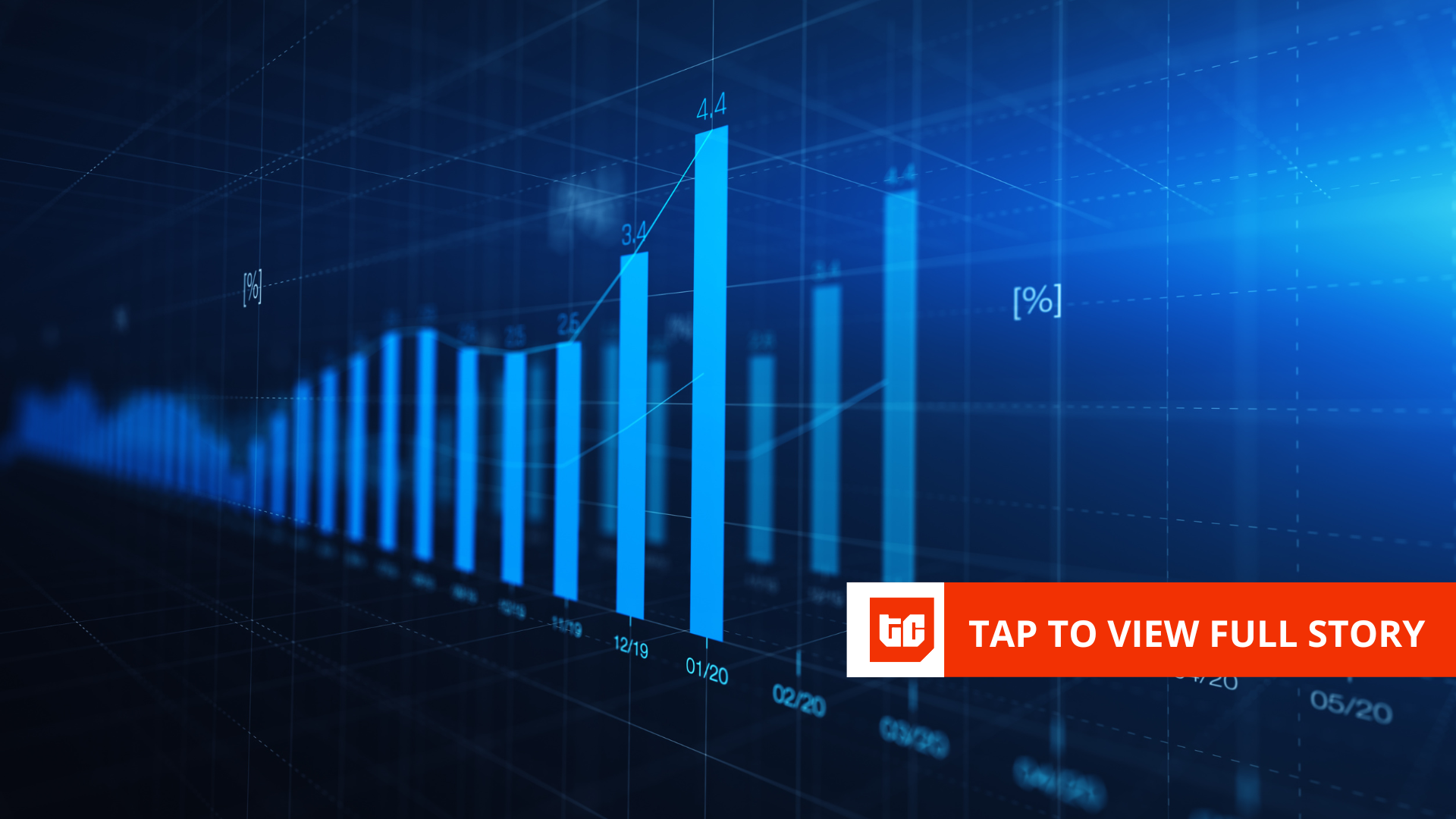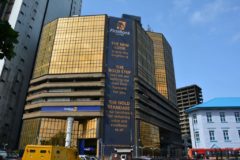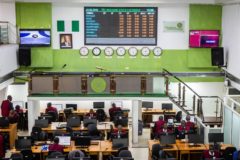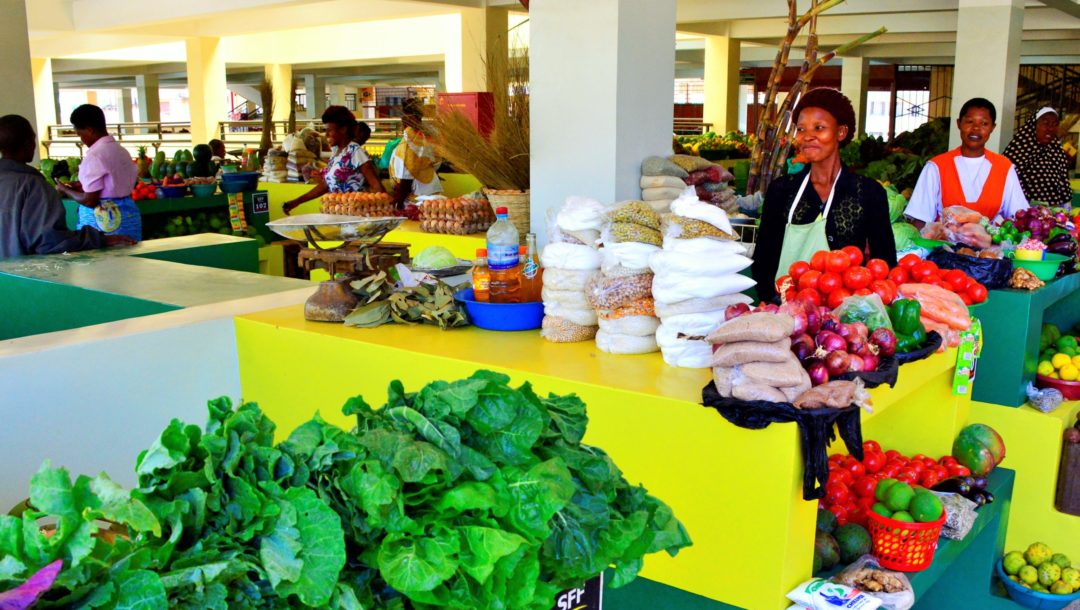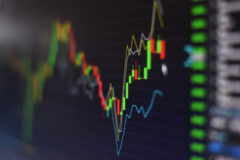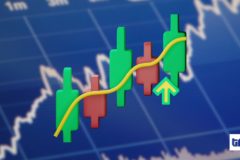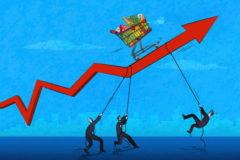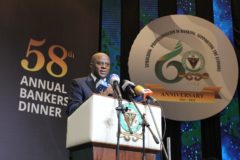In December 2023, the purchasing power of Nigerian households was squeezed even more as consumer prices rose throughout 2023, increasing the possibility that the country’s central bank would raise interest rates. Official data from the National Bureau of Statistics (NBS) showed that headline inflation, which tracks the prices of food, energy and other commodities, rose to 28.92%. December’s inflation figure is lower than KPMG’s prediction of 30%.
The major driver of Nigeria’s inflation is food, and prices of staples like bread and yam rose as many shoppers in the country struggled to afford their proteins during the festive period. December’s food inflation figure was 33.93%.
“The government has to start doing something with respect to the price of fuel and energy, including electricity, and improving the exchange rate depreciation situation,” said Sheriffdeen Tella, a professor of Economics at Olabisi Onabanjo University. “Once those things are done, we will start getting reduced inflation.”
Last week, the World Bank projected Nigeria’s inflation to ease in 2024, hinged on last year’s reforms and the expectation of the easing of the effects of petroleum subsidy removal. However, other analysts are not optimistic that inflation will slow any time soon.
The Central Bank Governor, Yemi Cardoso, dismissed the effect of rate hike meetings on curbing inflation at his last public outing.







